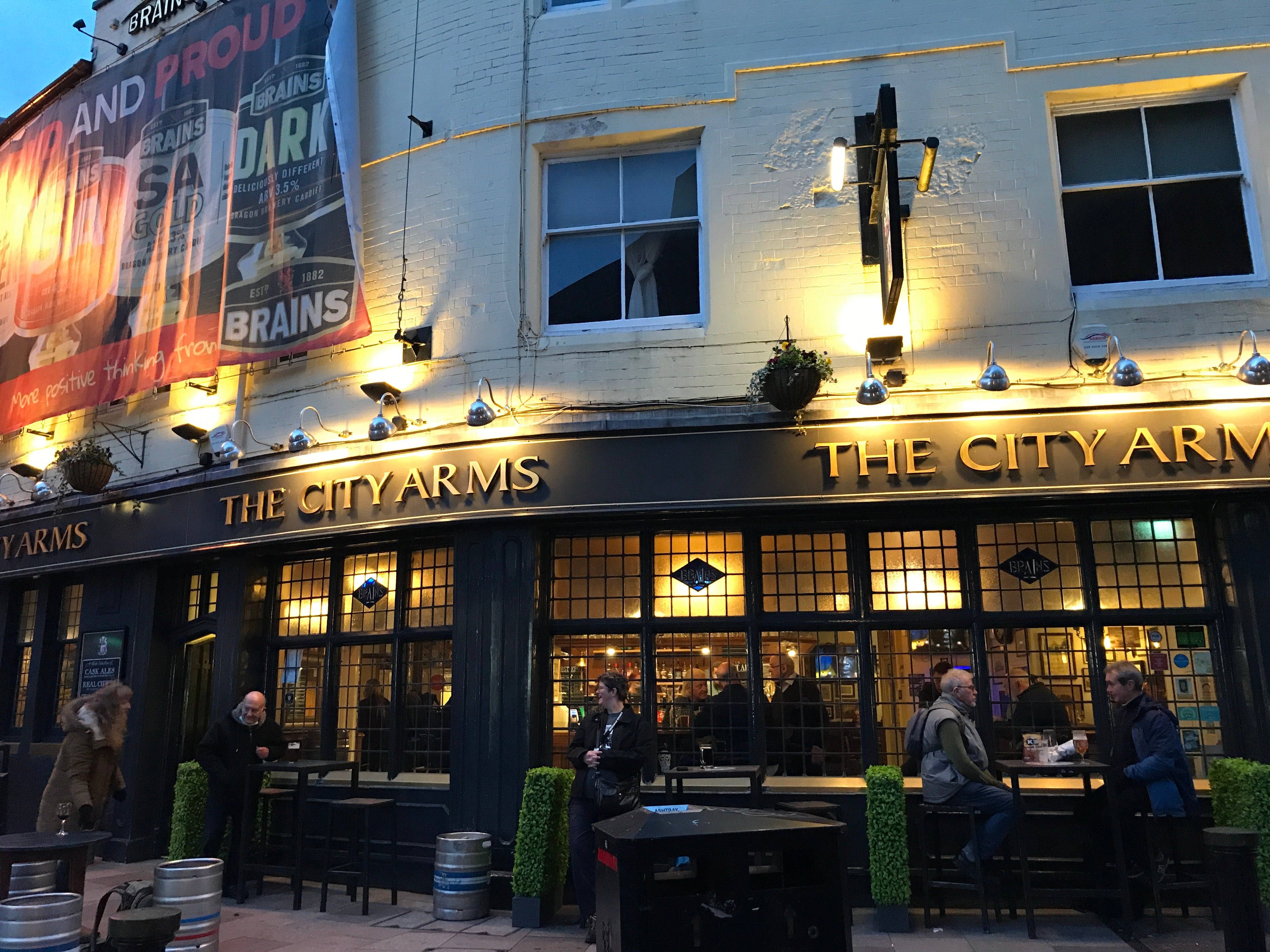‘It’s agony staying home’: Despair as Wales stops serving alcohol and shuts restaurants at 6pm
The Christmas run-up in Wales will be pintless – and publicans have been left feeling disappointed

Your support helps us to tell the story
From reproductive rights to climate change to Big Tech, The Independent is on the ground when the story is developing. Whether it's investigating the financials of Elon Musk's pro-Trump PAC or producing our latest documentary, 'The A Word', which shines a light on the American women fighting for reproductive rights, we know how important it is to parse out the facts from the messaging.
At such a critical moment in US history, we need reporters on the ground. Your donation allows us to keep sending journalists to speak to both sides of the story.
The Independent is trusted by Americans across the entire political spectrum. And unlike many other quality news outlets, we choose not to lock Americans out of our reporting and analysis with paywalls. We believe quality journalism should be available to everyone, paid for by those who can afford it.
Your support makes all the difference.The table sanitiser is whipped out and the chairs are stacked up. A taxi rank forms and two police horses trot into place. Diners and drinkers spill out into the street.
It’s six o’clock and, in Cardiff, that means no more pints – for at least two weeks. A new set of rules has just come into force, meaning no alcohol can be served in Welsh pubs, restaurants, cafes, or any other hospitality venues. More than that, they all have to shut their doors at 6pm, although they can still sell takeaway food – and takeaway alcohol if they have the right licence.
Wales is losing the UK’s coronavirus case race, with a weekly count of 235.9 cases per 100,000 people, according to the latest figures. England’s average is 153.5.
But many publicans and their customers argue they haven’t been shown evidence that they’re to blame. “It’s stupid because the hospitality industry, it’s not spreading it,” says Graeme Grainger, as he enjoys his £2 pint with his wife Sheila in the Borough in Cardiff.
The 73-year-old says that staying indoors in the winter is “very very depressing”. In the spring and summer lockdowns, he could at least enjoy the garden and sunshine. “We’re not in the best health, either of us,” Graeme says. “But we try to have one meal out a week then come in here, couple of pints, and then that’s our social life basically. Then they take this off us and it’s just agony staying home.”
There are rumours from landlords and breweries that these rules will be in place for six weeks. First minister Mark Drakeford, whose name has been twisted into all sorts of insults, justified the rules by saying they could help prevent 1,000 to 1,700 deaths this winter. Scaled to the population of England, that would be 18,000 to 30,600.
The government is offering a £340m package for these latest measures, which also enforce the closure of cinemas, bingo halls, bowling alleys, museums and galleries. Again, scale that to the population of England and it would be a sizeable £6bn bailout. Drakeford said his fund was the “most generous package of financial assistance in the UK”.
Back at the Borough, those who have been affected by the virus are less scathing of their leader. Alison Garland, 53, who works here, says her sister-in-law is an A&E nurse at Cardiff’s Heath Hospital, and was seriously unwell with Covid for 21 days. Alison says we must abide by the rules.
The alcohol ban means the Borough is shutting up tonight – it doesn’t serve food and daytime Appletisers and lime sodas won’t help landlady Deb Richards pay the £62,000 annual rent. The ban has led many other pubs to close their doors tonight – more than 100 belonging to the Brains brewery are shutting, and that’s just one company.
The tough part for publicans is the amount of effort – and money – spent gearing up for a Covid-safe Christmas. They felt they were promised this after the Welsh two-week “firebreak” which ended on 9 November. Speaking about how the new rules hit firms, Ben Francis from the Federation of Small Businesses said: “They have stretched, they have innovated, they adapted. There are so many within the industry who feel dismayed that despite this and despite playing their part in the recent firebreak lockdown, yet again, they are facing weeks of uncertainty at one of the most crucial times of the year.”
Deb has already seen her customer capacity cut from 150 to 44, with the social distancing rules. But she’s keeping her 11 staff, who, she says with a sigh, “worked their little hearts out” to comply with the last set of rules.
She also feels that the no-alcohol rule will see supermarket sales shoot up, with drinkers mingling at home. “We pay through the nose for everything and yet supermarkets just take over,” she says. “Does this man [Drakeford] believe that people are not going to go to the supermarket, load up with alcohol and go and sit in their homes? Is he that naive?”
Marsha Ward, of Taffs Well Inn, a country pub north of Cardiff, says they’ve spent a “huge amount” of money getting Covid-ready. “We’ve invested very very heavily in table ordering apps, we’ve recruited seven more members of staff to act as runners between the bar and tables. We’ve had the cost of training, making sure they all know how to manage customers.”
She estimates she will lose £36,000 in revenue this month due to the new measures. But her inn will stay open, to sell food on Saturdays and Sundays, but also because they have a Santa’s grotto, which is fully booked.
“We won’t be making huge amounts of money … but it’s not always about that,” she says. ‘It’s about the community and making sure you can be there when you’re needed.”
Back in the city centre, Rhys Watkins, who runs Crafty Devil Brewery, warns that the blow of closures at the “golden period” leading up to Christmas will be followed by the traditional month of pub gloom: January.
His small brewery has lost a third of its income and is now switching over to cans, and his two bars will become off-licences. Rhys has now taken a second job, with NHS test and trace.
“Everyone’s feeling victimised for no reason at all,” he says of his industry. “Some of the pubs we’re supplying will go, no doubt about it.”




Join our commenting forum
Join thought-provoking conversations, follow other Independent readers and see their replies
Comments